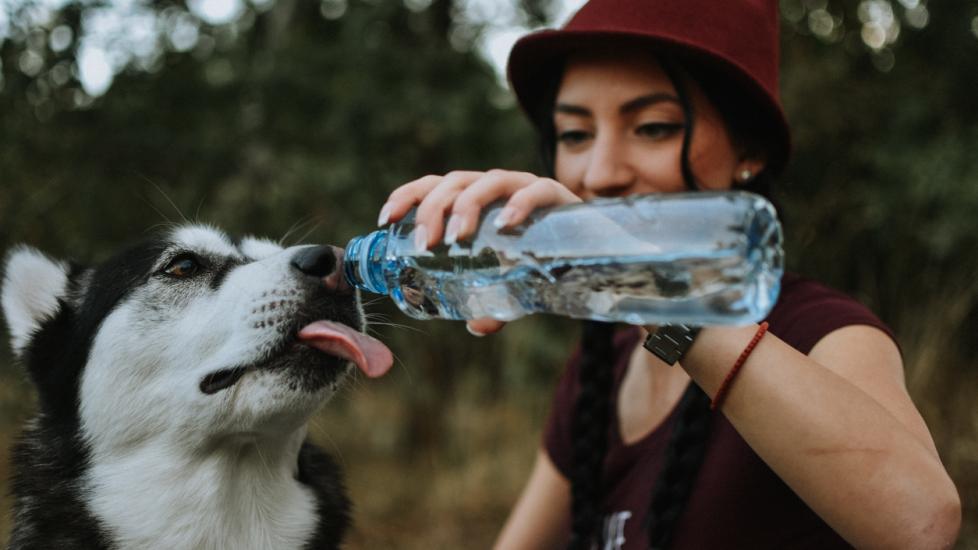Dogs are known for their playful antics and unconditional love, but sometimes they exhibit behaviors that can be concerning to pet owners. One such behavior is excessive water consumption, which may leave you scratching your head or even worrying about the health of your furry friend. Understanding why dogs drink more than usual can help alleviate these concerns and guide you towards taking appropriate action to ensure their well-being. Here’s what you need to know:
-
Thirst Mechanism: Dogs have an instinctive thirst mechanism that prompts them to drink when they lose fluid through urination, sweating, or diarrhea. If your dog has been particularly active or if it’s hot outside, increased water intake could simply be a natural response to fluid loss.
-
Diabetes Mellitus (Sugar Diabetes): This common endocrine disorder in dogs leads to high blood sugar levels, which can cause an increase in urine production and subsequent dehydration. To compensate for this, the dog will drink more water. It’s crucial to consult with a veterinarian if you suspect diabetes as treatment involves careful management of insulin and diet.
-
Kidney Disease: Kidneys play a pivotal role in maintaining fluid balance within the body. When kidneys aren’t functioning properly due to kidney disease, less concentrated urine is produced, leading to frequent urination and thus an urge to drink more water. Regular check-ups and monitoring of kidney function tests can help detect early signs of renal issues.
-
Urinary Tract Infections (UTIs): Bacterial infections in the urinary tract often result in a burning sensation during urination. Your dog might then try to dilute the urine by drinking more water, which also flushes out bacteria from the system. A visit to the vet is necessary for proper diagnosis and treatment.
-
Cushing’s Disease: Also called hyperadrenocorticism, Cushing’s disease occurs when there’s too much cortisol in the body. This hormone imbalance can lead to various symptoms, including polydipsia (excessive thirst) and polyuria (frequent urination). Treatment options vary depending on the underlying cause.
-
Pregnancy or False Pregnancy: Female dogs who are pregnant or experiencing false pregnancy tend to produce more milk, which can make them feel thirstier. These conditions usually resolve once the pregnancy ends or after consulting with a veterinarian regarding the false pregnancy.
-
Excitement or Nervousness: Just like humans, dogs can become nervous or anxious, especially in new environments or situations. The stress associated with these feelings can trigger an increase in thirst and water consumption. Providing comfort and security can help reduce anxiety-related behaviors.
It’s important to monitor your dog’s overall behavior and health alongside its water intake. If you notice any changes in appetite, energy level, weight, or other unusual habits, schedule an appointment with your veterinarian. They can perform diagnostic tests to determine the exact cause behind the increased water consumption and recommend the best course of action. Remember, every dog is unique, so while some causes may apply generally, each case should be assessed individually.
By staying attentive and seeking professional advice, you can provide the best care possible for your beloved companion. After all, our pets rely heavily on us to keep them healthy and happy—and that includes being aware of subtle changes in their daily routines!
